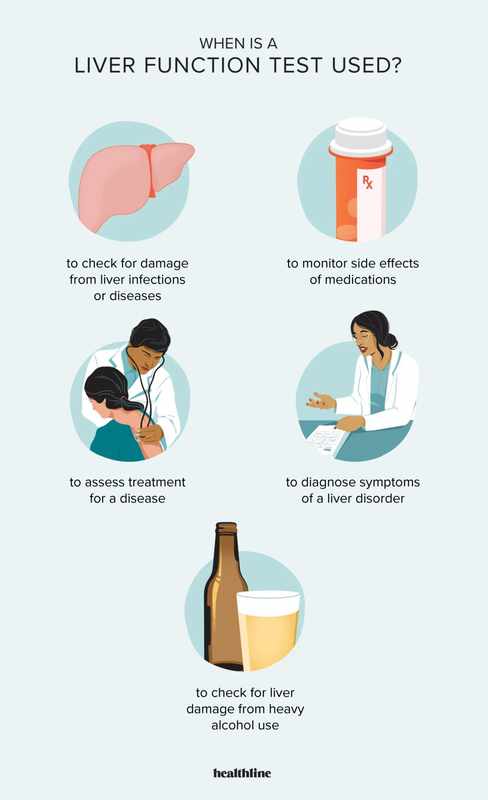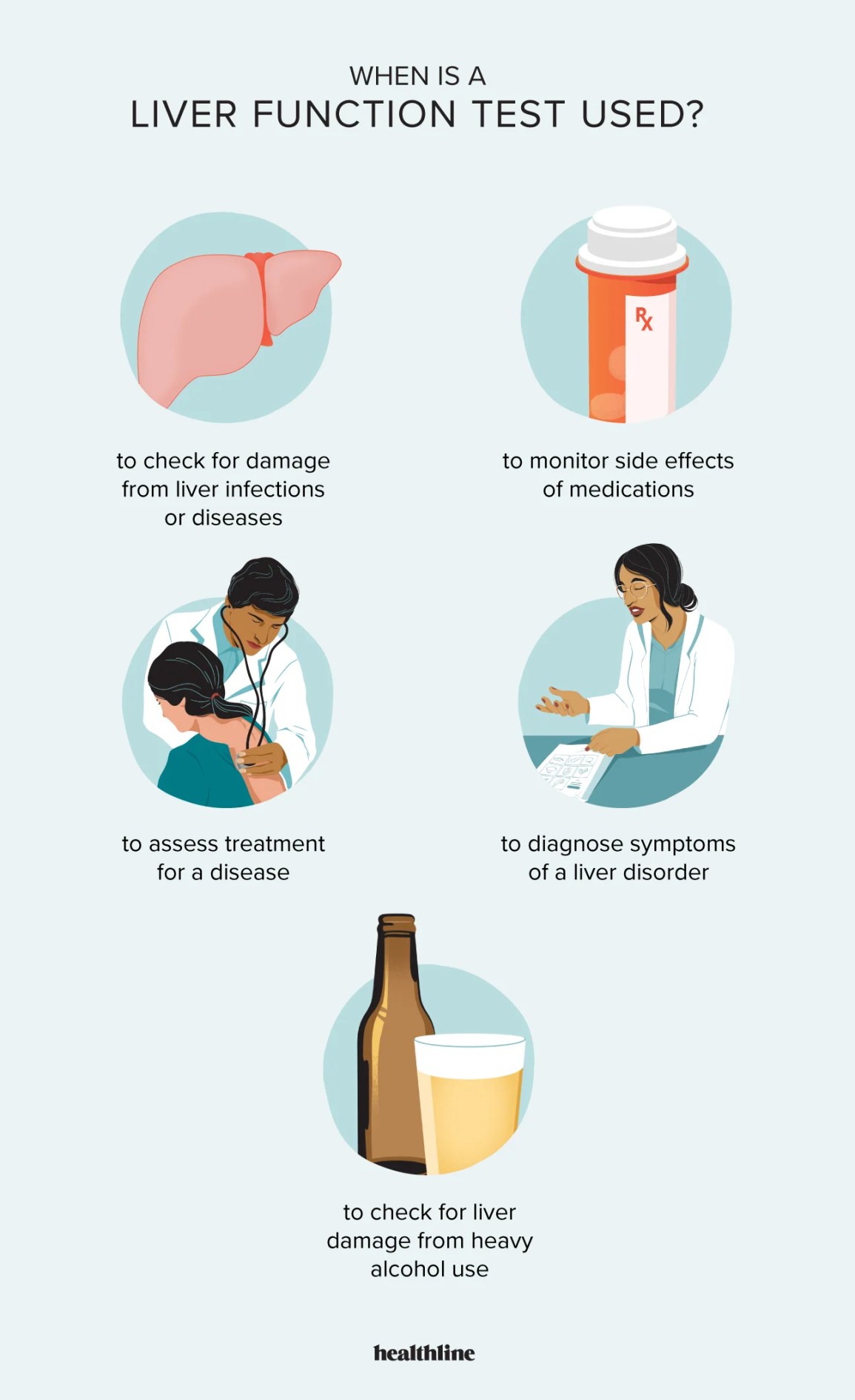Get Accurate Results: Blood Test for Liver Functions
A healthy liver is essential for our overall well-being, and any signs of dysfunction can have significant consequences. Did you know that liver disease affects over 600 million people worldwide? It’s a staggering statistic, but what’s even more alarming is the fact that many cases go undiagnosed or misdiagnosed until it’s too late.
In this post, we’ll be exploring the importance of getting accurate results from blood tests for liver functions. We’ll delve into what these tests can reveal about your liver health and how they can help you prevent complications down the line.
The Importance of Liver Function Tests
Your liver is a vital organ that performs a wide range of functions, including detoxification, metabolism, and production of essential proteins. However, when liver function is impaired, it can lead to a cascade of problems, from fatigue and digestive issues to more severe conditions like cirrhosis and liver cancer.
Liver function tests (LFTs) are a crucial tool in diagnosing liver disease. By measuring the levels of certain enzymes and bilirubin in your blood, healthcare professionals can gain valuable insights into how well your liver is functioning. In this section, we’ll be focusing on the key aspects of LFTs and what they can tell us about our liver health.
Let’s start by looking at the main types of LFTs:

The Main Types of Liver Function Tests
Liver function tests (LFTs) are a critical diagnostic tool for evaluating liver health. The most common types of LFTs include:
- Alanine Transaminase (ALT) test:** This test measures the level of ALT in your blood, which is an enzyme produced by liver cells. Elevated ALT levels can indicate liver damage or disease.
- Aspartate Transaminase (AST) test:** Similar to the ALT test, the AST test measures the level of AST in your blood. This enzyme is also produced by liver cells and elevated levels can suggest liver inflammation or damage.
- Total Bilirubin (TBIL) test:** This test measures the total amount of bilirubin in your blood, which is a waste product produced during the breakdown of old red blood cells. Elevated TBIL levels can indicate impaired liver function or liver disease.
- Alkaline Phosphatase (ALP) test:** ALP is an enzyme produced by the liver and bones. Elevated ALP levels can suggest liver disease, particularly in cases where the bile ducts are blocked or damaged.
These LFTs provide valuable insights into your liver’s functioning and can help healthcare professionals diagnose a range of liver conditions, including:
- Fatty liver disease (steatohepatitis)
- Cirrhosis
- Liver cancer
- Chronic hepatitis B or C
It’s essential to note that LFTs are not foolproof and may not detect liver disease in its early stages. Additionally, normal LFT results do not necessarily mean your liver is healthy.
To get accurate results from blood tests for liver functions, it’s crucial to:
- Follow the recommended preparation and timing guidelines for the test
- Avoid medications that can interfere with test results (if applicable)
- Consult with your healthcare professional about any concerns or questions you may have
In our next section, we’ll be exploring how to interpret LFT results and what they mean for your liver health. Stay tuned!
Expert Consultation
Get personalized advice from medical experts on liver functions and blood tests.
Start chatGet Accurate Results: Blood Test for Liver Functions
A healthy liver is essential for our overall well-being, and any signs of dysfunction can have significant consequences. Did you know that liver disease affects over 600 million people worldwide? It’s a staggering statistic, but what’s even more alarming is the fact that many cases go undiagnosed or misdiagnosed until it’s too late.
In this post, we’ll be exploring the importance of getting accurate results from blood tests for liver functions. We’ll delve into what these tests can reveal about your liver health and how they can help you prevent complications down the line.
The Importance of Liver Function Tests
Your liver is a vital organ that performs a wide range of functions, including detoxification, metabolism, and production of essential proteins. However, when liver function is impaired, it can lead to a cascade of problems, from fatigue and digestive issues to more severe conditions like cirrhosis and liver cancer.
Liver function tests (LFTs) are a crucial tool in diagnosing liver disease. By measuring the levels of certain enzymes and bilirubin in your blood, healthcare professionals can gain valuable insights into how well your liver is functioning. In this section, we’ll be focusing on the key aspects of LFTs and what they can tell us about our liver health.
Let’s start by looking at the main types of LFTs:
- Alanine Transaminase (ALT) test: measures the level of ALT, an enzyme produced by the liver.
- Aspartate Transaminase (AST) test: measures the level of AST, another enzyme produced by the liver.
- Total Bilirubin test: measures the total amount of bilirubin in the blood, which can indicate liver damage or disease.
The Benefits of Accurate Liver Function Test Results
Accurate liver function test results can have a significant impact on your health and wellbeing. By detecting liver dysfunction early, healthcare professionals can take proactive steps to prevent complications and promote effective treatment. In this section, we’ll be exploring the benefits of accurate LFT results:
- Early detection: Accurate LFT results can detect liver disease at its earliest stages, when it’s most treatable.
- Proactive treatment: By detecting liver dysfunction early, healthcare professionals can provide targeted treatment to prevent complications and promote recovery.
- Better patient outcomes: Accurate LFT results can lead to better patient outcomes, including improved quality of life and reduced risk of serious complications.
Conclusion
In conclusion, blood tests for liver functions are a crucial tool in diagnosing and managing liver disease. By understanding the importance of accurate LFT results, you can take control of your health and wellbeing. Remember, early detection is key to preventing complications and promoting effective treatment. Don’t wait until it’s too late – get tested today!
I just adore you asking for more: Want to know a secret to making meaningful connections with others? This article reveals the power of asking for more, and how it can lead to stronger relationships and personal growth.
Ask a CPA a question online free: Got financial questions? Don’t worry about breaking out the calculator – this article shows you how to ask a certified public accountant (CPA) for free advice online, and what kind of questions are most valuable to ask.




